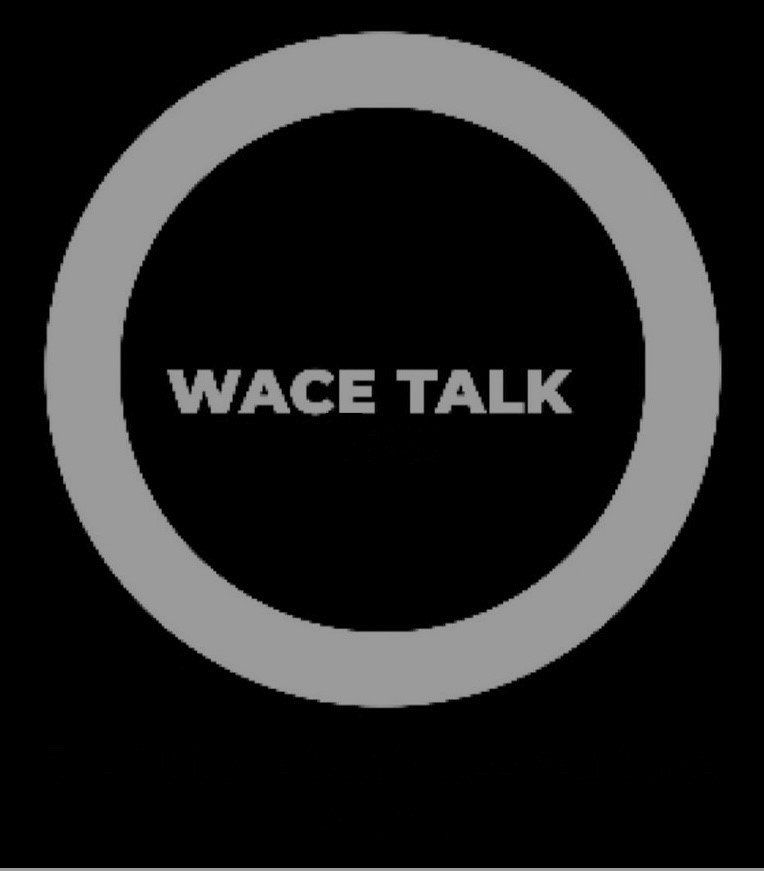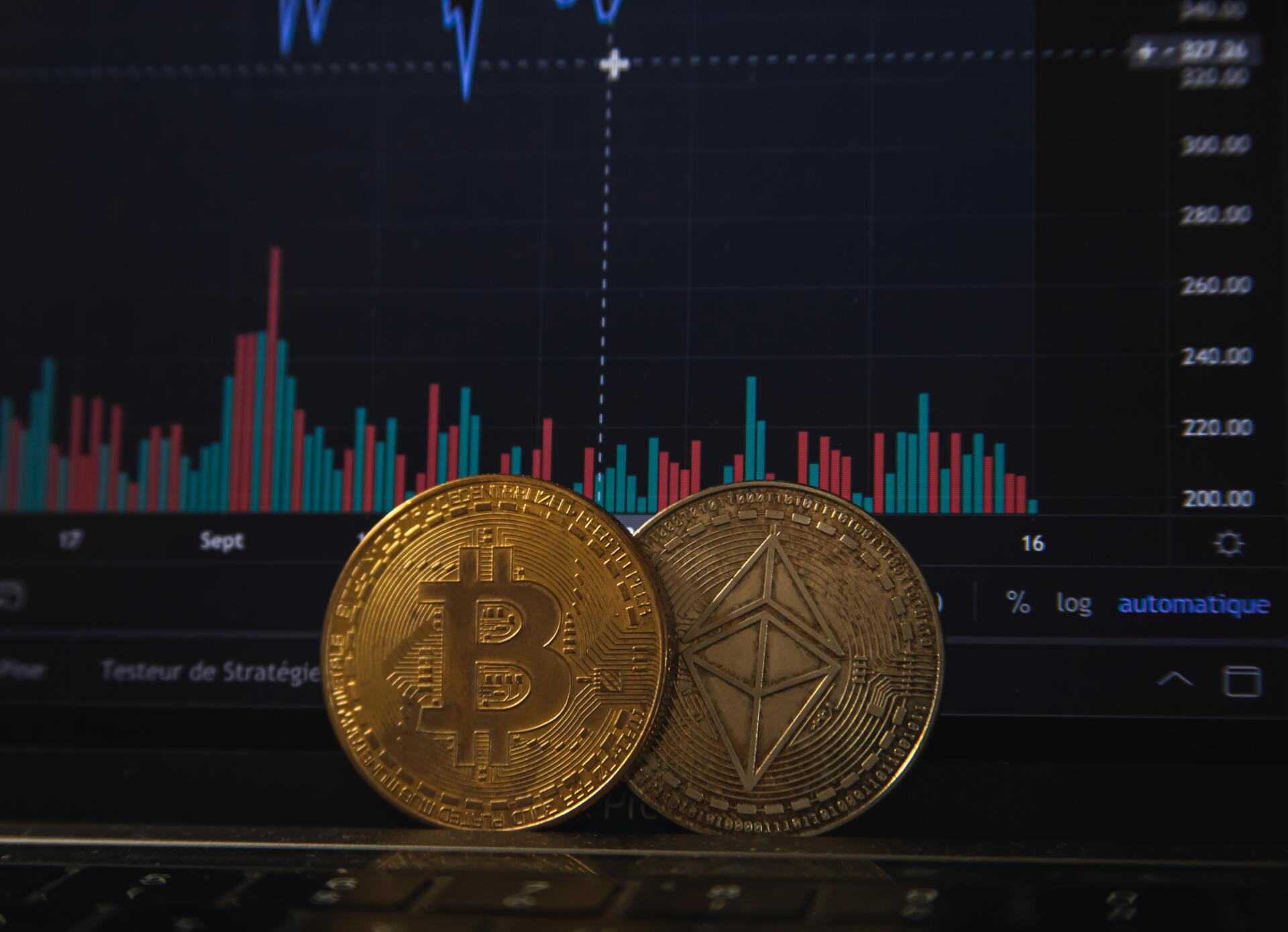Blockchain Technology
What is Blockchain Technology?
Information is the world's most important currency; however, the internet is flooded with inaccurate
information, making ‘accurate’ information hard to come by. Blockchain is a shared and immutable
ledger, making the recording and sharing of information precise and immediate for its network
members. In this article, we'll cover some of the most common uses for blockchain technology, to help you better understand some of the different components in this rapidly evolving technology.
Distributed Ledger
Network participants from anywhere in the world can access the ledger and its immutable records.
Transactions are recorded only once, boosting efficiency and eliminating duplication; any and all changes
to transactions will be recorded as new transactions and both versions will be available.
A blockchain network can record transactions, track assets, orders, accounts, production and much
more, while showing a single view to all of its members. Each transaction is recorded as a “block” of data,
and can be anything tangible or intangible. Each block is connected to the one preceding it and the one
after it, thereby making an irreversible “blockchain”. Blocks record the exact time and date of each and
every transaction. These blocks cannot be altered or changed once it's been created, nor can a block be
inserted between two existing blocks.
This helps prevent fraud, malicious and/or unauthorized activity. Blockchain creates and provides an
audit trail of the journey of any assets or transactions. This level of transparency allows business and
individuals to spot weaknesses and remove redundancies for their businesses.
Cryptocurrency
Cryptocurrency like any currency is a medium of exchange, it is created and stored electronically in a
blockchain. Unlike traditional currencies however, it is not supplied by a central bank, rather is encrypted
to control creation of monetary units and verify transfers. Crypto is not reliant on any government or
bank, its transactions are maintained and verified by decentralized systems using cryptography.
The conversation around crypto as "money" is a difficult one.
Money is defined as meeting three criteria: 1. Medium of Exchange, 2. Store of Value, and 3. Unit of Account. Crypto currently only serves as a medium of exchange. However, as the market develops we may see Bitcoin or some other cryptocurrency begin to function with one or both of the other functions of money. While we likely have a long road until we reach that point, this prospect is intriguing.
Smart Contracts
To remove redundancies and bottlenecks in order to streamline operations, a set of rules called “smart
contracts” are stored and executed automatically on the blockchain. The rules will be predefined
conditions under which circumstances a contract will be automatically executed. The need for third
party “middle men” verification is a thing of the past, smart contracts are where reliability meets speed
and efficiency.
Non-Fungible Tokens (NFT's)
NFTs are unique, and non-interchangeable digital assets stored on a blockchain. NFTs can be used to sell
collectibles that are limited edition and authenticated such as digital forms of sports trading cards or
even gaming addons purchased by players around the world on any platform. NFTs allow content
creators to limit the ownership status of the NFT to as little as one, creating the element of scarcity
within the world of digital assets. NFTs can be purchased through online marketplaces like Opensea, or
within metaverses created by organizations.
Metaverse
The metaverse is a digital 3D environment enabled by Virtual Reality (VR), Augmented Reality (AR), Mixed
Reality (MR) and Blockchain. The metaverse is used to create an immersive environment for all its
members. Several things are taking place in the virtual environment of the metaverse including but not
limited to gaming, sports, music, education and even business simulations. Making friends, developing
assets, buying and selling services, and taking part in virtual events has never been easiest for both
individuals and businesses.
How Blockchain Can Change Your Life as an Individual
Smart contracts can change the way all industries around the world work. For example, travel insurance
contracts can be executed automatically when certain conditions are met. Rather than going through
and arguing with your insurance agents, an automatic and immediate transfer of funds can take place.
Patient records can be more secure with the use of blockchain; control over sharing and access with
healthcare providers and researchers can remain in the hands of the patient. Locating and recalling
medicine, automotive vehicles, and consumer products is easier than ever.
In the day to day life of people, governments can work and innovate faster to help their citizens. The
secure sharing of data between citizens and agencies can increase trust, compliance and citizen services.
State and Federal elections can be voted on using blockchain with the results being unalterable and
immediately available. All in all, blockchain is here to stay and it is going to radically change not just
security and efficiency protocols in many industries, but also the day-to-day of people across the world.
The Local Economist
Your Home for Entrepreneurial News, Local Business Spotlights, and Trends that Matter
join the newsletter
Recent Posts







Share This...







